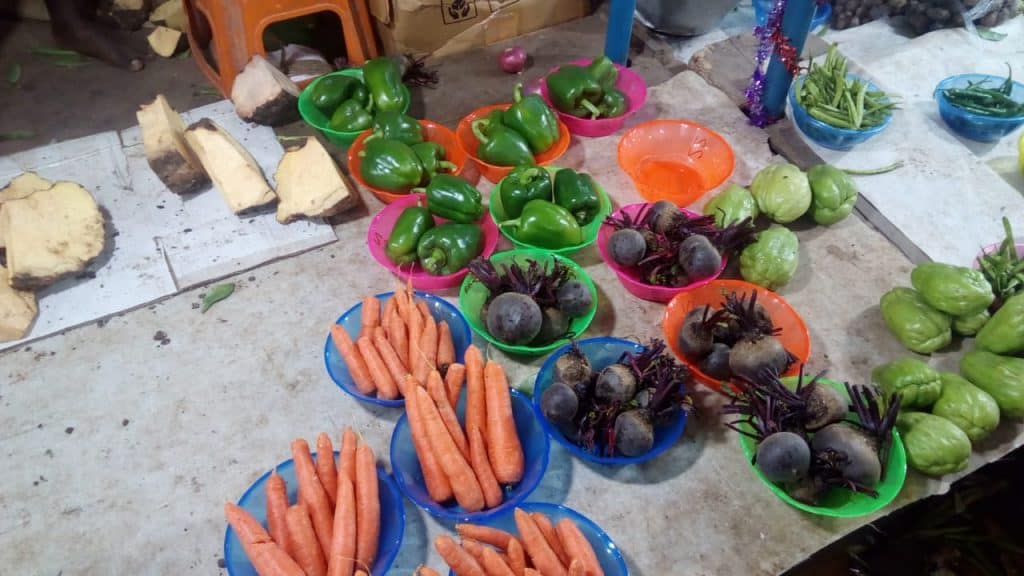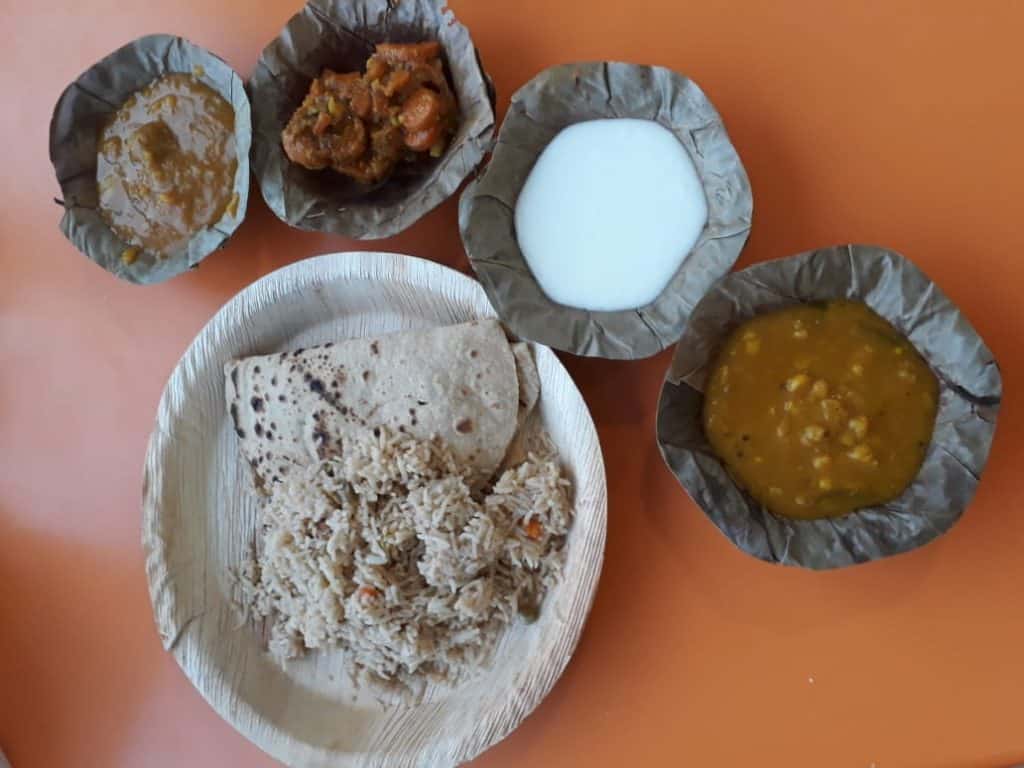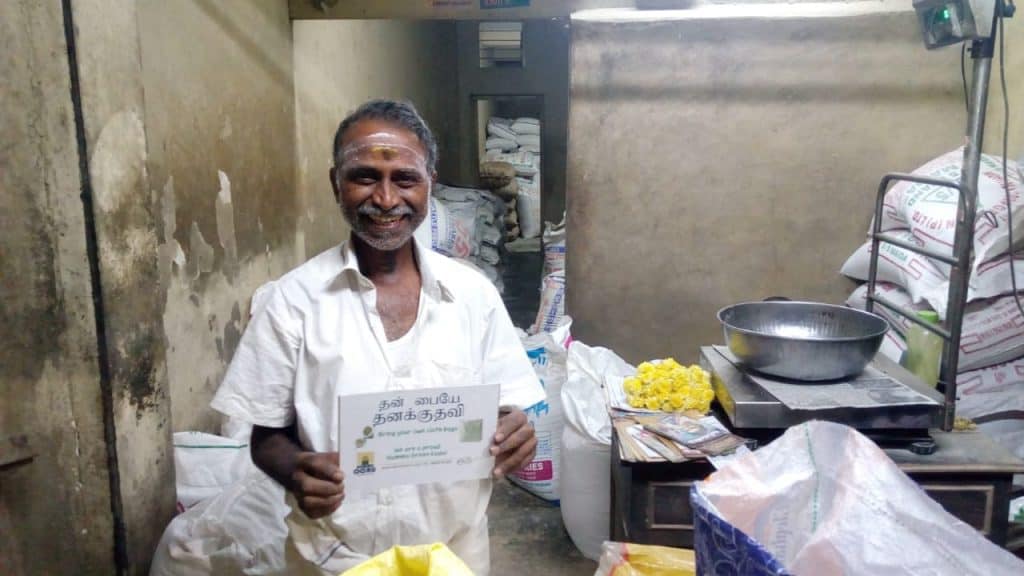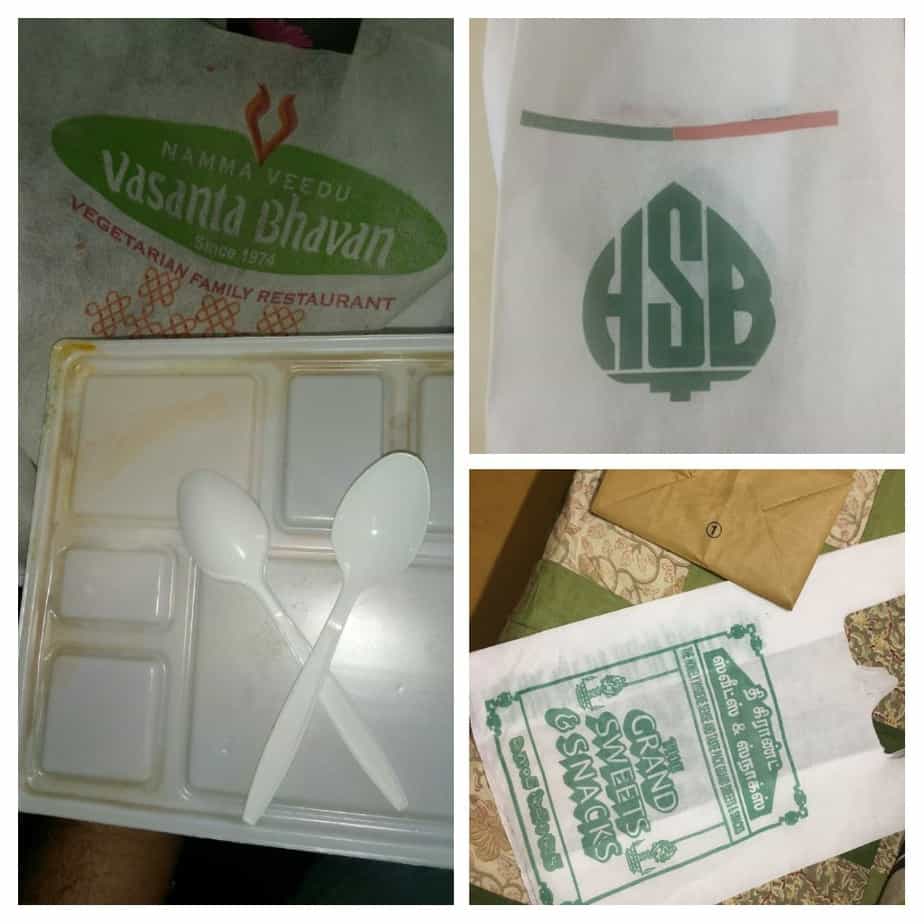Wooden cutlery, cloth and paper bags, steel containers to replace disposables. The implementation of the plastic ban is increasingly becoming visible in all quarters of life in Chennai, as traders, hoteliers and the general public are slowly taking to eco-friendly alternatives.
When it comes to businesses, there have been mixed results, in terms of adherence to the ban on plastic. Big food brands such as Adyar Anand Bhavan, Fassos and The Black Box have switched to eco-friendly packaging material such as cloth bags, paper cartons and wooden spoons, while some are still to comply.
The transition
Close observation of the small and medium sectors only proves that the ban has not destroyed jobs. There has indeed been a transformation in the manufacturing sector, as paper manufacturing units seem to be mushrooming. “Wooden and other eco-friendly cutlery are selling like hot cakes since the implementation of the ban. There is huge demand for packaging material made out of vegetable waste,” said a delivery personnel from Amazon.
An enormous amount of planning was done by businesses before they switched to cost effective alternatives. For example, Vasantham, a restaurant in Ekaduthangal has been using starch-based biodegradable covers, that are sturdy and have the same feel as plastic. Rather than switching to the less costly PP bags, they chose these covers that cost Rs 550 per kilo. “We charge customers Rs 5 per cover. Regular customers had a problem initially, but they understood and came to accept it when we explained the plastic ban,” says a waiter at the restaurant. The covers have ISO certification that labels them as bio-degradable.
Businesses reduced the purchase of plastic bags and packaging, months before the ban actually came into effect. However, a few of them continued to deliver in plastic, until the stock was completed. The manager at Vasantham said that they did not incur any loss due to the ban.
“It takes a few days to educate customers about the ban, the repercussions of violating it and the environmental need to follow it. At the end of the day, they don’t mind paying a few extra rupees for a green packet,” said the manager.
While traders at the Koyambedu market are still using plastic, many in smaller markets in Thiruvanmiyur and Tambaram have resorted to traditional methods of packaging. Vegetables at the Thiruvanmiyur market are now organised in reusable containers.
“Vendors are following the ban. But it is sad to witness citizens persistently asking for (plastic) bags to pack each vegetable separately. Behavioural change among citizens is the need of the hour,” says Nithya T, an architect, who has been taking steps to move towards a zero-waste lifestyle.
The online grocery store, Big Basket is wrapping fruits and vegetables in styrofoam nets. However, most of their goods are packed in cartons that can be returned to the store. “We are currently using bio-degradable bags at the time of delivery, which are compostable,” Big Basket responded on Twitter.
Green shops
Environmental organisations and like-minded citizens are playing a prominent role in educating the general public. Namma Green Kadai, an initiative by Namma Ooru Foundation, aims to teach traders ways to go green. The idea was conceived of by Nithya T, who was impressed by the no-plastic business module followed by a feed store for animals in Thiruvanmiyur.
Natrajan Maatu Theevanam Kadai (feed store) willingly switched to greener alternatives, even before the implementation of the ban. There are no plastic packets in the shop and packaging is done in newspapers.
The management insists that customers bring their containers for packing large quantities of feed. Newspaper sheets suffice when it comes to packing small quantities of feed, shares Nithya, who is currently working to create awareness among small shop owners about the need to opt for eco-friendly alternatives to plastic. These shops will be certified as green by the Namma Ooru Foundation, after they adhere to the norms that include reduction and reuse of packaging covers.
Whatsapp groups such as Solid Waste Management and Namma Ooru Foundation managed by environmentalists in the city are being used as useful platforms to discuss ways to go green.
Torn over PP bags
Non woven Polypropylene (PP) bags, often touted as ‘fabric’ or ‘China jute’ bags, however continue to be cause for concern and a source of considerable confusion. These bags have a different look and feel, but are as harmful as the plastic ones. Brands such as The Grand Sweets, Saravana Bhavan, Vasantha Bhavan, Pazhamudhir are delivering the food in such PP bags, thus contributing to microfibre pollution.
Thirumurthy S, a meat seller at Adyar, who was using PP bags, was convinced that that these bags were eco-friendly. “Corporation officials inspected my shop. They were satisfied with the quality of packaging we use,” he said. Efforts to reach out to big brands such as Hotel Saravana Bhavan were futile.
“PP bags are equally bad, if not worse than polyethylene plastic. They are not recyclable. As they are not waterproof, people are likely to discard them sooner than polyethylene bags. Let’s not forget Microfibre pollution is a major concern with PP bags post disposal,” says Dharmesh Shah of Gaia, an organisation that works on zero waste. He said that the aim of the ban should not be to replace one problem material with another, but to find ways to eliminate disposable products.
Unfortunately, PP covers are the only alternatives known to most traders. “Most of these people think PP bags are fabric and are not plastic. Customers should look for ISO certification that confirms the packaging material to be compostable,” says Priya Ramachandran, a volunteer with Namma Ooru Foundation.
“The government should have sought technological alternatives from institutes such as IIT-M, implementing the ban. With return on investment and buy back promises, alternatives would have been more easily available in the market,” says activist Prashanth Goutham.




Plastics cannot be totally replaced due to primary raw materials scarcity.
the cotton bags currently available in the market are substandard in quality and are not to BIS(INDIAN STANDARD INSTITUTION) STANDARDS, HENCE MORE ROOM SHOULD BE GIVEN TO DEFER THE BAN FOR ANOTHER SIX MONTHS